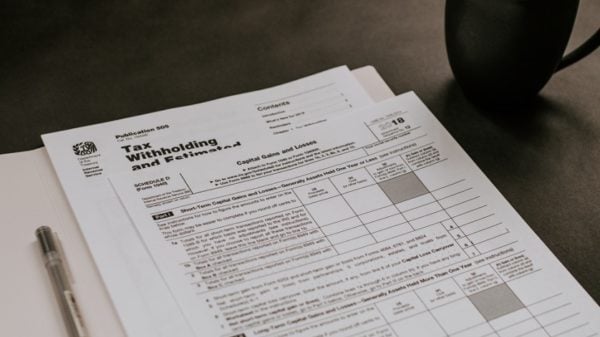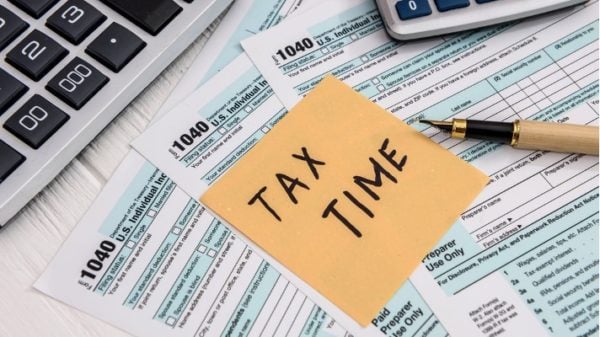Interest rates took a drastic turn over the most recent couple of months. In a crisis move intended to make acquiring as modest as could be expected, the Federal Reserve sliced financing costs to approach zero.
The vast majority comprehend that this is related to the monetary burden of the COVID Pandemic. But what do the changing interest rates actually mean for your own personal finance situation? Let’s dive into just that!
The Federal Reserve and Setting Interest Rates
As a result of the media inclusion of the Fed’s (Federal Reserve) impact on loan costs, many individuals erroneously accept that the Fed “sets” all loan costs. As a general rule, the Fed just can set the Discount Rate, which is the rate they charge banks. This is once in a while done and typically just in a crisis. Yet, the Fed does certain financing activities that are intended to prod the Federal Funds Rate. This is the rate that banks charge each other to acquire for the time being reserves.
How Interest Rates Affect Personal Finances?
The degree to which interest rates sway your financial records rely upon whether you are a borrower, a moneylender, or a financial investor. You can be either one of them or a combination of all at some point in time.
Borrower
In case you are a borrower, increasing interest rates will normally imply that you will pay more for getting cash. On the other hand, lower interest rates typically mean you will save money. The effect will all depend upon whether your acquiring is tied more to momentary rates or longer-term rates. More limited-term buyer loans like charge cards, home value loans, or vehicle loans are generally attached to momentary rates like the Treasury Bills rate or LIBOR.
Lender
You may not consider yourself a moneylender, yet you are a loan provider on the off chance that you have bank deposits, CDs, or bonds. You have credited your cash to a bank, an enterprise, or possibly the central government, with the assumption for a return as revenue. Similarly, as with your loans, on the off chance that you have secured a decent rate on these speculations, the rate you acquire will ordinarily remain something similar for the term (except if it has a drifting rate worked in).
Investor
Suppose you are a financial investor in different kinds of protections like values or land. In that case, the degree of interest rates can likewise affect the worth of your property. Albeit, the impact is by and large more circuitous. As referenced above, the worth of homes and other lands generally benefit from falling rates. This isn’t simply because individuals can manage the cost of more luxurious homes. Land financial investors can make more significant yields when they are paying less to get on the land.


































































